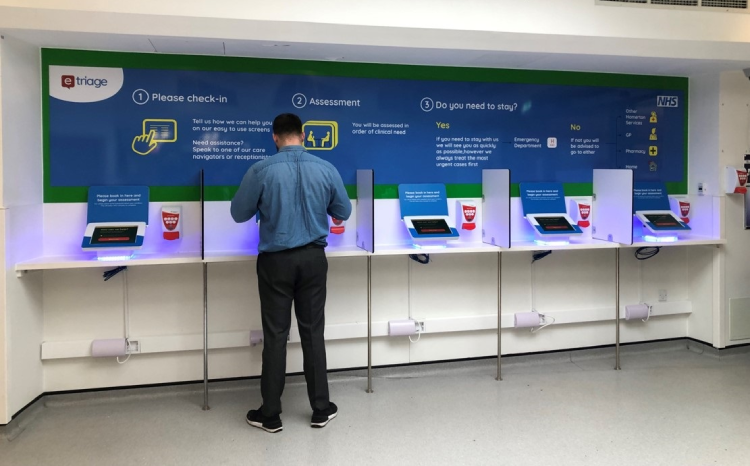Cedars-Sinai Suspends Use of New Clinical IT System
- 24 January 2003
Cedars-Sinai Medical Centre in Los Angeles, the largest private hospital in the Western US, has suspended use of a prestige multimillion-dollar computerised system for doctors’ orders, according to a report in the Los Angeles Times.
Doctors at the hospital are reported to have complained that it was endangering patient safety and required too much work.
The clinical order communications system – a computerised physician-order entry (CPOE) software known as the Patient Care Expert program (PCX) – was designed to reduce medical errors, replace paper-based ordering systems, allow doctors to track orders electronically, order and receive lab tests and warn them about dangerous drug interactions.
Since being introduced in October 2002, however, the PCX system is said to have been plagued with problems. Rather than buy a proven product off the shelf Cedars-Sinai had elected to develop its own CPOE system.
Cedars-Sinai doctors told the Los Angeles Times that they had been told that $34 million had been spent on the on the CPOE system, a figure hospital officials said was too high.
The decision to suspend the new ordering system was taken after more than 400 doctors at Cedars-Sinai voted to urge the hospital to halt the system until the problems are fixed
According to the Los Angeles Times report problems associated with the system included patient with heart failure who did not receive the pills his doctor ordered until he mentioned it to a nurse. In another case a baby was reported to have been given a local anaesthetic for a circumcision a day early.
Officials at Cedars-Sinai said they did not believe the CPOE system posed a threat to safety, but said the PCX system was not easy enough to use and it took too long to enter orders.
"The PCX system is presenting too many safety issues in the care of our patients," cardiologist Dr Mark Urman said in an interview with the Los Angeles Times. "The only logical, prudent and safe thing to do is to put it on hold until it can be made better."
The potential benefits of CPOE systems were highlighted in a 1999 US Institute of Medicine report which concluded that up to 98,000 patients die annually in hospitals from avoidable medical errors, many of which could be avoided through appropriate clinical information systems.
A Californian law passed in 2000 requires hospitals to implement plans, including new technologies, to eliminate or substantially reduce medication-related errors by 2005.




